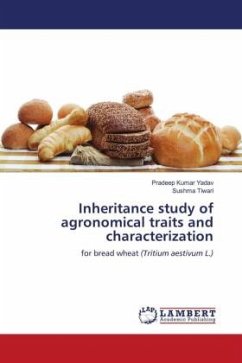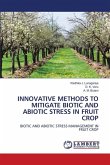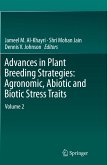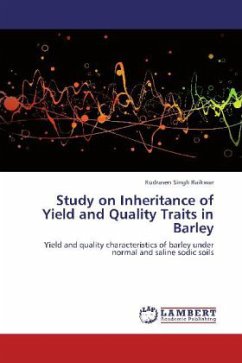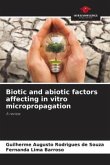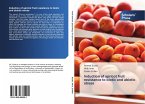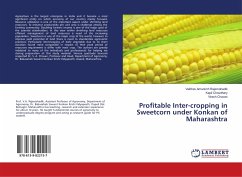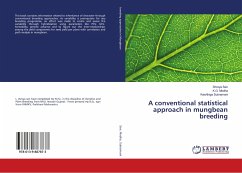Wheat (Triticum aestivum L.) is the world's most staple food crop as well as most consumed cereal. Several biotic and abiotic factors cause yield loss of wheat production. Among several pathogens damaging wheat crop, rust pathogens are the most prevalent. They are reported from all wheat growing countries and causes a severe damage to the wheat production worldwide. There are three types of rust majorly affect wheat production in India: leaf rust caused by Puccinia recondita, stem rust by Puccinia graminis triticii and stripe rust by Puccinia striformis. Identification of rust resistant genotypes and further utilization of these genotypes in wheat breeding programme is one of the prive objective in wheat improvement programme. An experiment was conducted consisted of 41 diverse genotypes of wheat (Triticum aestivum L.), 10 NGSN lines (National Genetic Stock Nursary), 14 F1 were selected for the study and F2 population of HS599 X Sonalika, HS599 X Raj 4480, HS 599 X GW 2013-491 were selected for the study during rabi 2018-19 and 2019-20.
Bitte wählen Sie Ihr Anliegen aus.
Rechnungen
Retourenschein anfordern
Bestellstatus
Storno

